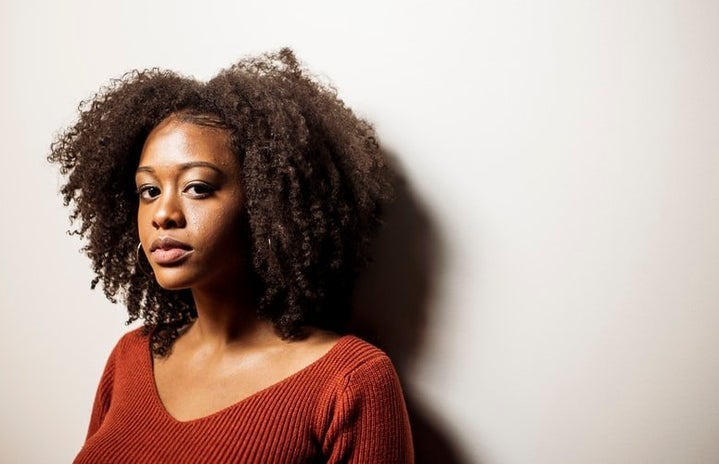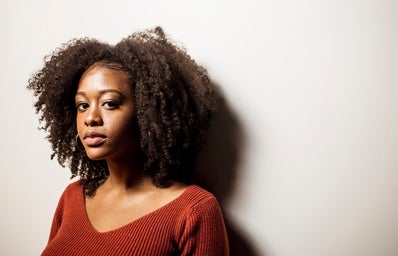Trigger warning: Mention of slurs.
Over the years, certain terms and things were seen as derogatory and oppressive. B*tch, sl*t, pr*de, girly, makeup, corsets, the colour “pink’ and even the word feminism itself has been used against people, majorly women, for a very long time.
However, if you pay close attention to recent years and the rising use of these words, you’ll notice that they’re done by women in an empowering way.
We’ve reclaimed these terms that once hurt us and put us down, now we use it to rise up and empower ourselves.
B*tch has been widely used for women who are outspoken, confident and opinionated. It’s been used to put us down and “show us our places”. If being confident and opinionated makes someone a b*itch, be my guest. Girly has been used to define people with feminine traits but has also become a synonym for weakness and fragility.
Sl*t and Pr*de are daily reminders that women can never win when it comes to our sexuality. It’s always either too much or too little for toxic cis-het men. So go ahead wear that top that’s “too low” in the back, that skirt that’s just a little “too tight”, wait for marriage or don’t wait at all!
Makeup and corsets are two things that have been amidst of controversy for as long as anyone can remember. Makeup is seen as fake advertisement, catfishing and exclusively only for women, corsets are seen as constricting, painful and oppressive but what people don’t understand that they’re really beautiful and empowering. You can’t tell me that putting on a full face of makeup doesn’t make you feel bomb.
The colour pink has always been a bright neon sign for femininity, for girls and ONLY GIRLS. Men and women alike have always hesitated in using the colour pink. Women don’t want to be seen as weak and “girly” and men, again, don’t want to be seen as feminine as that would make them “gay” but that’s a whole other topic for some other time. But now, we see fast fashion brands including the colour pink in their designs, making it more and more androgynous and unisex. There’s no longer a clear distinction between men and women’s fashion and nobody really knows where to draw the line.
Coming to the term feminism. (This is going to be a long one)
It’s no secret that the term has been amidst controversy since it’s establishment. Men (and some women) have tried to pull this revolutionary movement apart as the seams by constantly picking at us and putting us down.
Many people have very conveniently said “that word is too strong” and I don’t blame them. It’s understood that when you stand for something that challenges the power and authority of the majority you’re bound to face backlash. With the responsibility of believing in the ideals of feminism, comes a feeling of alienation. A feeling of being all alone, of being misunderstood and shamed for what you believe in.
Feminism has never meant hating men and proving women are superior. Women have struggled far more in the past than men have, using terms like gender equality would dismiss the struggle and pain we have faced and it’s insensitive. Terms like feminazi and “feminist-didi” have come up to mock us and
demean us. But we have persevered through, we remember why we started and what we stand for, and that is important.
So when someone now makes a sour face and asks you “are you a feminist?” don’t shy away, be proud, be loud and stand for what’s right. You are not weak, you do not need anyone to protect you and keep you safe.
It’s very important to remember to use these terms with the consent and understanding of the person (s) you will be addressing.
Be safe, be kind and don’t be disrespectful.



